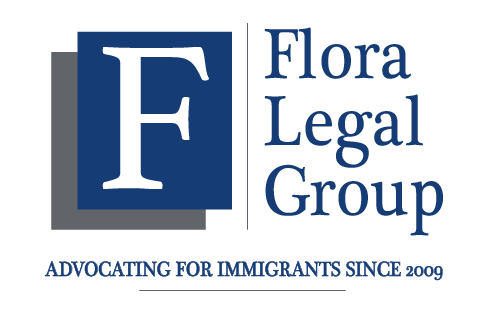On Monday, June 9, 2025, President Donald Trump’s new travel ban officially took effect. This policy restricts entry into the United States for citizens of twelve countries and imposes stricter rules for individuals from seven other nations. The administration claims these measures are necessary to protect national security. However, many critics argue that the ban is discriminatory and could harm families and communities.
What Does the Travel Ban Do?
The new policy divides countries into two categories:
- Full Ban: Citizens from these 12 countries are banned from entering the United States unless they meet extremely specific criteria. These countries are Afghanistan, Burma (Myanmar), Chad, Republic of the Congo, Equatorial Guinea, Eritrea, Haiti, Iran, Libya, Somalia, Sudan, and Yemen.
- Partial Restrictions: Citizens from these 7 countries face stricter entry rules, especially if they do not already have a valid visa. These countries are Burundi, Cuba, Laos, Sierra Leone, Togo, Turkmenistan, Venezuela.
While the ban does not revoke existing visas, it makes it much harder for people from these countries to travel to the U.S. For those traveling on non-immigrants visas, particularly visitor visas, Custom and Border Protection (CBP) can decide whether to admit of deny entry. There is no waiver process for urgent humanitarian cases, which means families and refugees may be separated or unable to reunite.
Why Was the Ban Implemented?
President Trump announced the travel ban following a firebombing attack in Colorado, stating that the policy was necessary to protect the U.S. from foreign terrorists and other national security threats. The administration argues that some countries do not share enough information with the U.S. to assess security risks properly. However, many critics view the ban as a return to the controversial policies of Trump’s first term, which were challenged in court and widely criticized.
How Are People Reacting?
The new travel ban has sparked protests and legal challenges across the country. At Los Angeles International Airport, demonstrators held signs opposing the policy, and some travelers with valid visas reported extra scrutiny upon arrival. In California, Governor Gavin Newsom announced plans to sue the federal government over the deployment of National Guard troops to assist in immigration enforcement, arguing that the move violated state sovereignty.
Critics, including civil rights organizations and some lawmakers, have condemned the ban as discriminatory and harmful. They argue that it unfairly targets people from predominantly African and Muslim-majority countries and could lead to family separations and increased fear among immigrant communities.
What Does This Mean for You?
If you are a U.S. citizen or lawful permanent resident, the travel ban does not directly affect your ability to travel. However, if you have family members or loved ones from the affected countries, this policy could impact their ability to visit or join you in the U.S.
At Flora Legal Group, we are committed to providing clear and accurate information to help you navigate the complexities of immigration law. If you have questions or need assistance, please contact us for guidance tailored to your situation.
📍 Indianapolis, Indiana: (317) 487-4652
📍 Louisville, Kentucky: (502) 493-6009
